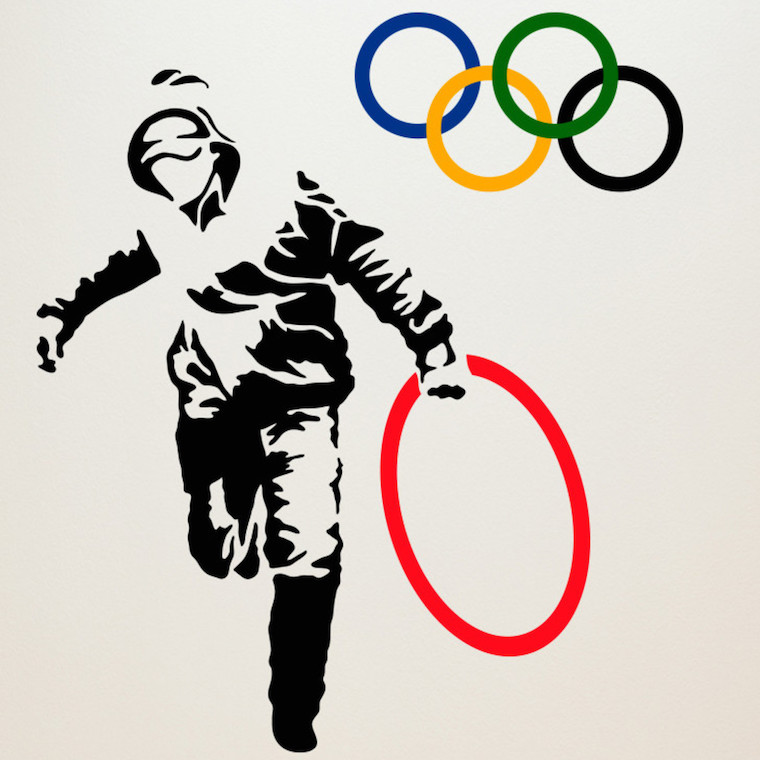In the Olympic figure skating world, judges are very much aware of which skaters are known for under-rotated jumps (when a skater goes for, say, a triple and doesn’t quite make the full third spin around) and as such they watch those skaters a little closer, judging them a little harsher because they have a history of under-rotation. While judgment is very much on the specific performance given on the day of competition, the entirety of what brought that skater to that point can’t help but play a part in how they perform – and how they are judged. Their past is undeniably part of their present.
The same thing is at work when the world watches the Russian doping scandal of 2022, wherein Kamila Valieva was discovered to have tested positive for an illegal drug earlier in the season. For a country that was previously suspended for a state-sponsored doping scheme in the 2014 Olympics, it seemed like more of the same. Yet someone somewhere decided that it was ok for her to compete, despite the fact that she had the drug in her system during the time of her qualifying path to the Olympics. True, she did not test positive while at the Olympics, but she tested positive when everyone else around her was competing against her for a spot at the Olympics. That’s how this works.
The first story that came out to explain why the drug was in her system was that it was a mix-up with her grandfather’s medication. I don’t buy that. If you’re in the running for the Olympics, and you live in a house with a substance that could get you banned, you make damn sure not to take the wrong pill. As for whether such a drug would help or enhance her performance, there is more of a question, particularly when you consider her powerhouse quads – the first for a woman at the Olympics. But when you are dealing at such a high level of performance, and tenths of a point make all the difference, every little thing counts.
When the decision was made to allow her to compete, skaters like Adam Rippon, Tara Lipinski, and Johnny Weir all posted their disagreement with the call via their social media accounts, as well as numerous others. Their reason for being against allowing Valieva to compete was the same as mine: whether it was her choice, whether it was intentional, or whether it was in the weeks leading up to the Olympics – the fact remained that she tested positive for a banned substance while on the competition path. The other skaters who were being tested as they competed did not test positive. How is this fair to them?
That’s what it came down to for me – the other skaters. The ones who worked through their Olympic journeys without testing positive, without ‘accidentally’ ingesting a banned substance, without the shadow of a history of doping behind them. I could no longer watch them with the same joy and thrill I felt when suddenly I had to doubt about the veracity of how one of them got there. But I’ll leave the rest of this post to people who know way more about skating that I do:
“Kamila Valieva is allowed to compete. What a dark day this is for the fight against doping in sports.” ~ Christine Brennan
“I am so angry. The ladies event tomorrow is a complete joke. It’s not a real competition and it most likely won’t even have a medal ceremony. So many Olympic experiences stolen from clean athletes who got here without the help of performance enhancing drugs. What a shame.” ~ Adam Rippon
“I can’t condone the decision. There was a positive drug test, therefore the athlete who tested positive, at fault or not, regardless of age or timing of test/result, should not be allowed to compete against clean athletes.” ~ Johnny Weir
“I strongly disagree with this decision. At the end of the day, there was a positive test and there is no question in my mind that she should not be allowed to compete. Regardless of age or timing of the test/results. I believe this will leave a permanent scar on our sport.” ~ Tara Lipinski
Back to Blog
